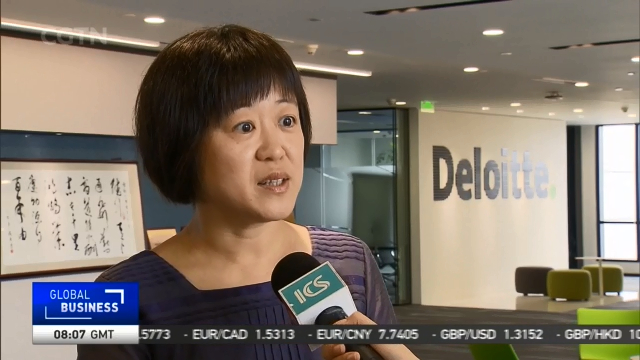
16:38, 02-Jul-2018
Tariff Reductions: China to boost domestic consumption
Updated
15:54, 05-Jul-2018
02:58

Tariffs on a variety of imported products will be reduced by an average of some 56 percent starting Sunday. Clothing, home appliances, food and cosmetics will see different levels of reductions, but all aim to boost the country's consumption sector. Our reporter Chen Tong has been talking to local residents and supermarkets to see what the changes will bring.
Average tariffs on about 1,500 consumer imports will be cut starting July 1. Needless to say, Shanghai residents have been happy to hear the news.
"Since the tariffs are much lower, it amounts to a discount, so is a much better deal now."
"If the prices go down, I'll definitely buy. Usually imports are very expensive, so if the prices go down they'll be more attractive."
CHEN TONG SHANGHAI "A survey by the Ministry of Commerce shows 31 percent of Chinese consumers have plans to increase their consumption of imported products. Imported cosmetics, jewellery and baby products are among the most popular items. The lowering duty, of course, is also expected to give confidence to retailers."
THOMAS WOO, PRESIDENT CITY SUPER GROUP "Chinese customers everyone travel more abroad. When they have tried abroad what they like, they want to try them at home. As the Chinese government is lowering the tax importation tax, that absolutely provide more opportunities to just give more better things for customers."
The tariff cuts are just one of several rounds of reductions carried out in the past few years. The most recent one was in December last year, when the government cut import tariffs on 187 items, including foods, health supplements, pharmaceuticals, garments and recreational products. Experts agree all these efforts aim to boost the country's consumption sector by giving consumers a wider range of shopping options.
GAO LIQUN, TAX PARTNER DELOITTE CHINA "With the development of Chinese economy, Chinese consumers' purchasing power has become much stronger, according to public info, Chinese consumers spent 200 bln dollars every year on overseas consumption, with most of the amount spent on daily consumer products. So the Chinese government has been announcing several rounds of duty reductions since 2015, in an effort to attract consumption back to China. This round of duty reduction is also part of the efforts to boost domestic consumption and industrial transformation."
Last year, consumer spending made up almost 59 percent of China's GDP. With this next round of reductions in import tariffs, analysts expect the country's consumption sector to expand even more.

SITEMAP
Copyright © 2018 CGTN. Beijing ICP prepared NO.16065310-3
Copyright © 2018 CGTN. Beijing ICP prepared NO.16065310-3